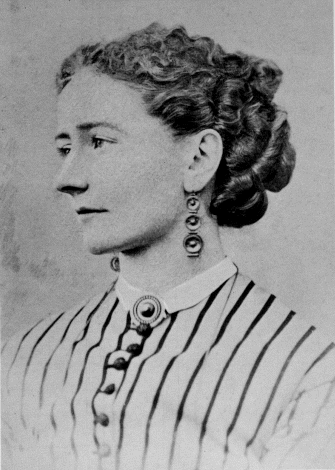

Dickens's spirits had plunged from the exhilaration he felt during the final production of Collins's play The Frozen Deep in August 1857, in the course of which he had become interested in the young actress Ellen Ternan. Early in 1858, by a jeweler's mistake Catherine received a bracelet meant for Ellen, and the open quarrel that followed led to a separation in May. Dicknes's usual response to stress was restlessness, and his antidote was motion. So it is not surprising that he should see a series of public readings, something new, a distraction, as worth trying now: "The domestic unhappiness," he wrote Collins, "remains so strong upon me that I can't write, and (walking) can't rest, one minute. I have never known a moment's peace or content, since the last night of The Frozen Deep. . . . In this condition though nothing can alter or soften it, I have a turning notion that the mere physical effort and change of the Readings would be good, as another means of bearing it". (Harland S. Nelson, Charles Dickens)

